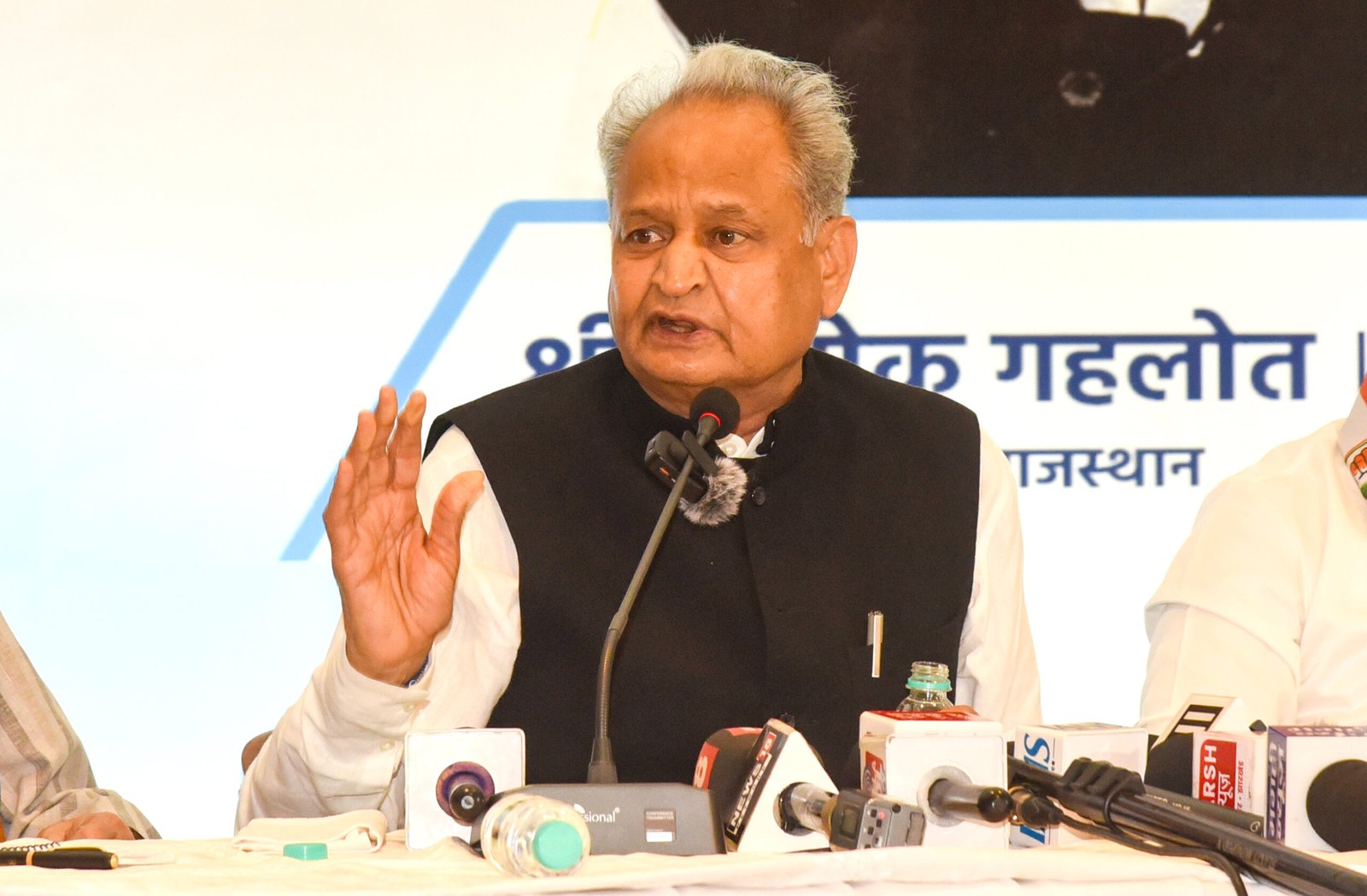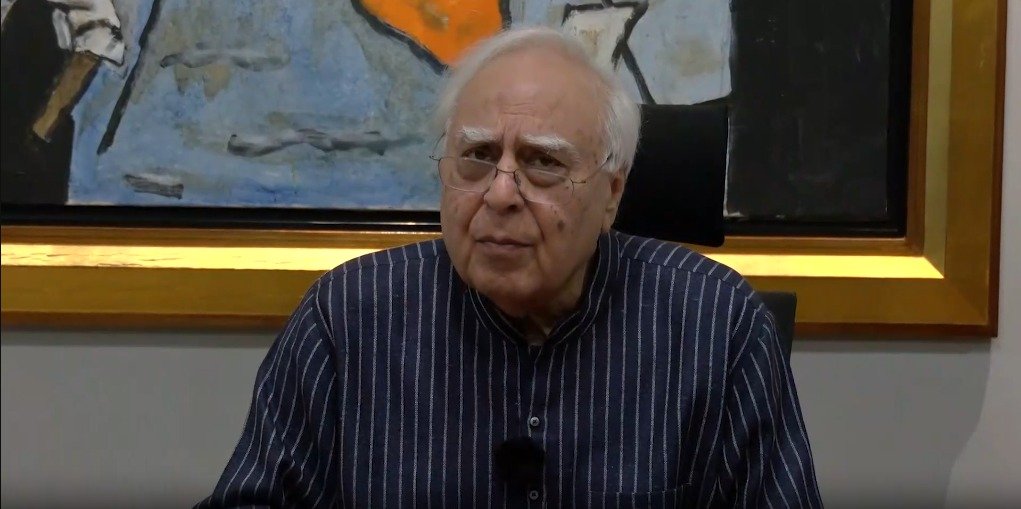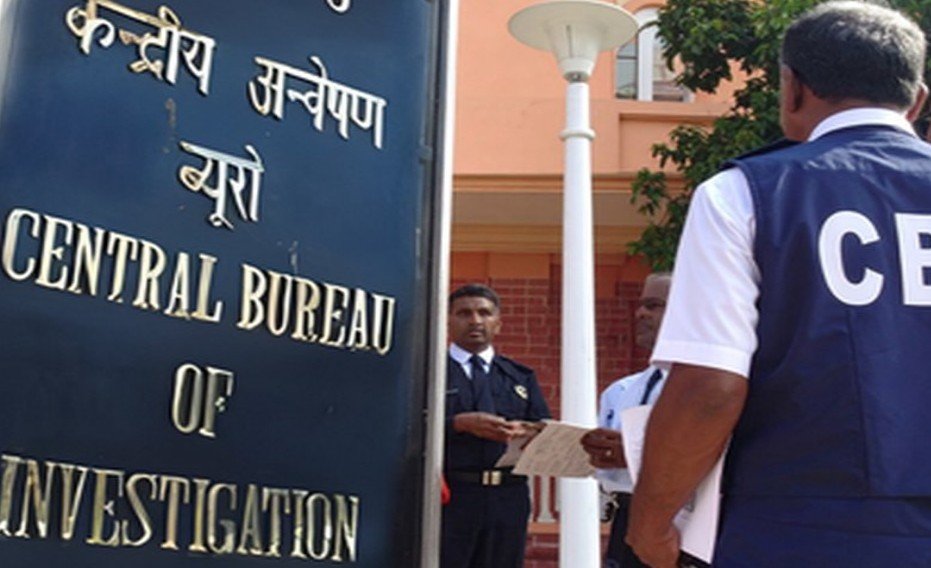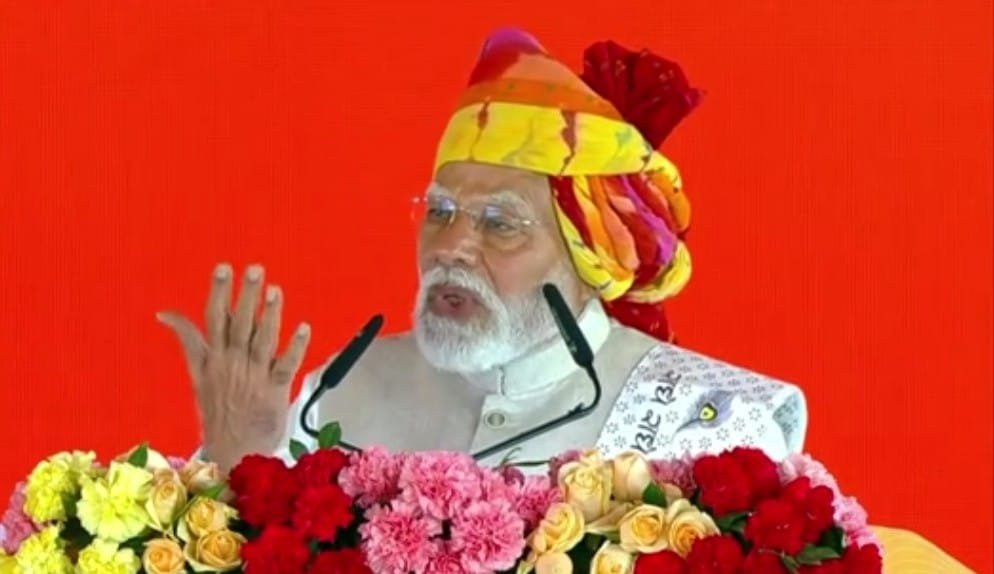‘Hypocrisy’: Law panel member on ‘silence’ of group of 18 judges as an advocate targets sitting Delhi HC judge

New Delhi, September 4 — A member of the Law Commission of India, Hitesh Jain, has raised questions about the silence of a group of 18 retired judges known as G-18. These former judges had recently criticized Union Home Minister Amit Shah for his comments against the INDIA alliance’s vice-presidential candidate, Justice B. Sudershan Reddy. They warned that Shah’s remarks could harm the independence of the judiciary.
But Jain pointed out a double standard. He asked why the same group of retired judges stayed silent when senior lawyer Prashant Bhushan called a sitting Delhi High Court judge’s bail decision “ridiculous” and questioned the judge’s integrity on social media platform X (formerly Twitter). Bhushan criticized the judge for denying bail to Umar Khalid and others, who have been in jail for over five years without trial.
Jain’s remarks suggest that some of these retired judges are being selective in their criticism based on politics. He accused them of hypocrisy, saying their opposition to Shah’s comments “was based on political convenience, not principle.” Jain also highlighted that while they criticized Shah’s remarks against Justice Reddy, they remained silent when Bhushan questioned a sitting judge’s decision.
Earlier, the G-18 group had called Shah’s “pro-Maoism” remark against Justice Reddy a “prejudicial misinterpretation.” They argued that Shah’s comments could create a chilling effect on judges and threaten their independence.
However, the criticism did not go unnoticed. A separate group of 56 former judges, called G-56, responded strongly. They accused the G-18 of hiding their political biases under the guise of defending judicial independence. The G-56 warned judges against commenting on political issues too openly.
Jain, who is part of the 23rd Law Commission of India, has now brought this debate back into the spotlight. The Law Commission was formed in September 2024 to suggest legal reforms, improve judicial systems, and promote equality and fairness in the law.
This ongoing debate highlights tensions around judicial independence, political bias, and the role of retired judges in public commentaries. It shows how discussions about politics and the judiciary continue to be a sensitive issue in India today.
















